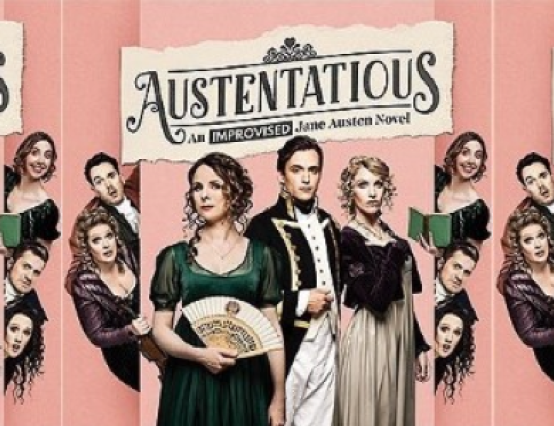The English National Opera is the powerhouse of the operatic art form. For over 90 years, the company has resided in London, bringing opera to the masses with a recent focus on diversity. Their statistics show that 1 in 7 audience members are under 35, that tickets are free to those under 21, and that their regular relaxed performances encourage audiences who might otherwise face barriers to attending the theatre.
Yet, there is one element that they are immovable in, their location. In 1974, the ENO moved to the London Coliseum, and, more importantly, they have not moved since.
During the first week of November, Arts Council England threatened to cut the £12.8m grant they provide to the English National Opera unless they moved outside of London. Having prioritised regional theatrical endeavours in the upcoming year, Arts Council England said they would cut the ENO’s budget to zero if they remained in the country’s capital. “We require English National Opera to move to another part of England if they wish to continue to receive support from us … ENO’s future is in their hands” read a statement from Arts Council England.
In response, opera singer Bryn Terfel started an online petition to counteract the threat. Within a few hours, more than 24,000 people had signed their names. At the same time, ENO’s chief executive, Stuart Murphy, met the culture secretary to argue that Arts Council England should respect the desire of the company to stay in London. Other opera companies such as Opera North, the Welsh National Opera, and the Scottish Opera, also supported the ENO in their claim, wishing to maintain the separation between their companies.
Worst of all was the demand to respond within 24 hours. “To ask us to begin to move our entire base, workforce of 300 full-time employees who are experts in their field, in only five months' time, and with only a portion of funding to enable this move, is unfeasible,” a spokesperson from the ENO said.
But why was Arts Council England so set on this ultimatum? Their statement appears to be part of a wider trend to cut £50m of funding from the arts in London. Having been accused of elitism, both in terms of London-centric funding and in terms of opera’s reputation of being exclusive and expensive, Arts Council England wished to direct funding towards areas with reduced access to theatre.
Naturally, this is to be applauded. However, the question, “at what expense?” must be floated.
While regional areas deserve better access to high-quality theatre, the solution is not to superimpose London-based companies into their areas. Instead, cultivating the arts from a grassroots foundation would be far more successful. This would lead to a more encouraging culture in which the arts could prosper, involving more than simply professionals, nurturing new talents instead.
Regardless, one thing remains clear: Arts Council England had no right to give such a sudden ultimatum. Other opera companies exist across the nation, indeed - they flourish across the nation. And so, while the reasoning of Arts Council England’s funding decisions is admirable, their methods of execution are not.
The English National Opera should stay in London, and let funding sprout new talent instead.









0 Comments